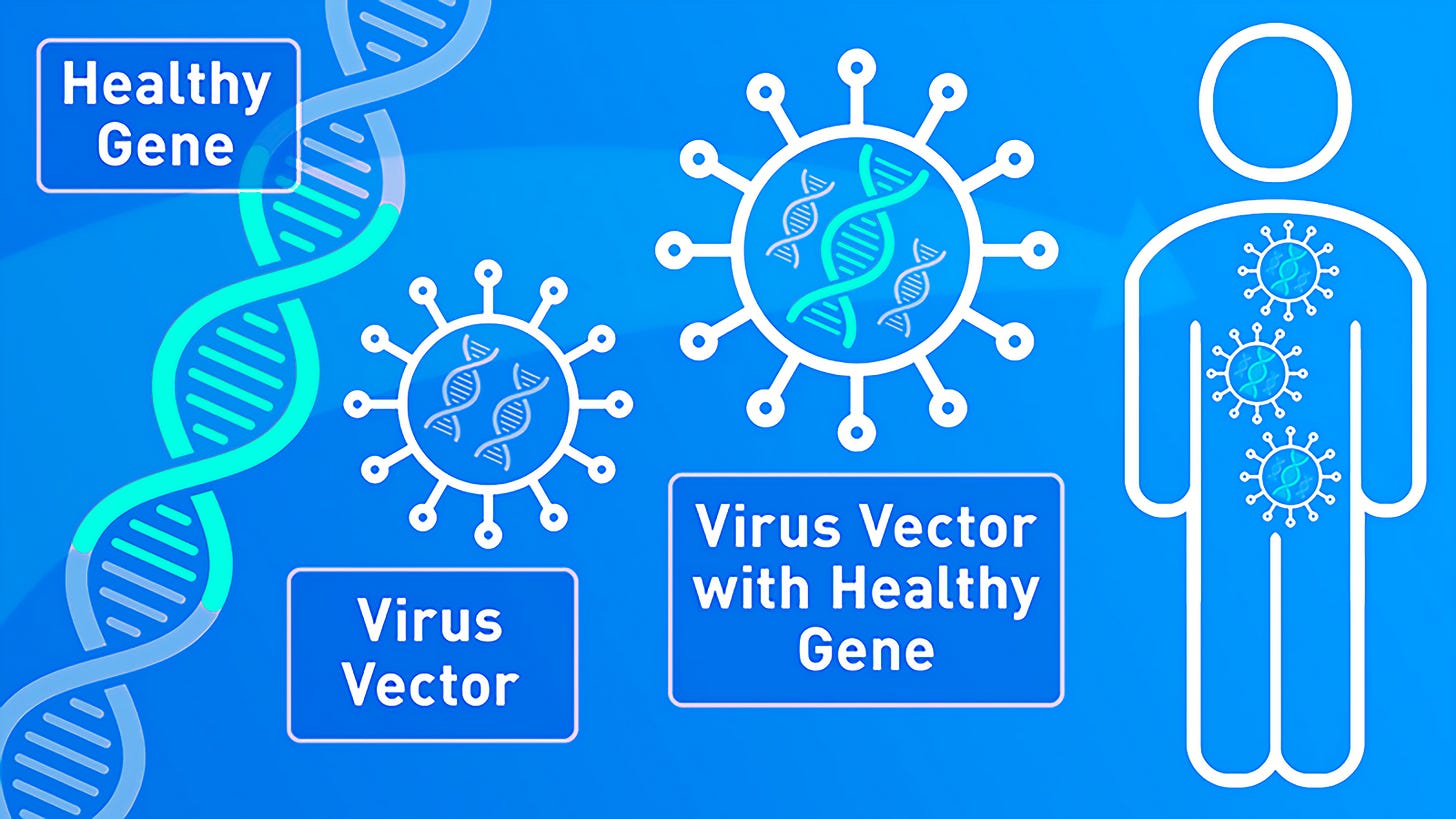Seeing the Light: Genetic Therapy's Promise for Blindness
Written by Azzy Xiang
Many people in this world struggle with blindness and need assistance in order to read, learn, and navigate the world. This is a condition affecting millions that makes life more difficult, though still possible, in various aspects. Many diseases that cause blindness are currently incurable.
However, scientists have now found that it is entirely possible in the future for diseases like blindness to be cured despite previously being thought as irreversible: this is the exciting reality of genetic therapy research.
Scientists are making incredible strides in using gene therapy to target the root cause of inherited blindness: faulty gene mutations that impair vision or cause the eye to not properly develop. By delivering corrected genes to the affected cells through an injection or a modified virus specifically made to spread the undamaged DNA, this treatment has the potential to restore sight in those who have lost it or were born without it. The corrected genes introduced into the eye can then produce necessary proteins and maintain processes for proper eye function, which can even reverse the damage caused by the previous faulty gene.
Though still in its early stages, genetic therapy has shown very promising results in clinical trials for significant types of blindness. For example, Leber’s Congenital Amaurosis (LCA) and Retinitis Pigmentosa, rare inherited eye disorders, have seen great improvements in patients treated with gene therapy.
This revolutionary approach holds immense promise for a future where blindness is no longer a permanent sentence. As research progresses, we can anticipate more breakthroughs and a brighter outlook for people struggling with vision loss. The impact of this technology can even extend beyond vision restoration, improving the quality of life of other individuals with conditions like autoimmune diseases!
Where will science take us?
Written by Azzy Xiang from MEDILOQUY


